Conflict Between Pakistan and India 2025: The Kashmir Crisis
The Kashmir conflict between Pakistan and India remains one of the world’s most enduring geopolitical disputes. In 2025, this breathtaking yet turbulent region continues to be a focal point of tension. This article delves into the history, causes, and current developments of the Kashmir crisis, while highlighting how you can safely explore its stunning landscapes with Kashmir Holiday Package Tour. Join us as we uncover the facts and beauty of Kashmir.
Historical Background of the Kashmir Conflict
The Kashmir conflict traces its roots to the 1947 partition of India and Pakistan after British colonial rule ended. Jammu and Kashmir, with its Muslim-majority population, became a contested region due to its strategic location. According to BBC News, the dispute has sparked three major wars (1947–1948, 1965, and 1999) and numerous skirmishes along the Line of Control (LOC).
First Kashmir War (1947–1948)
The initial conflict erupted when tribal militias from Pakistan entered Kashmir, prompting Maharaja Hari Singh to seek India’s military aid. The war concluded with a UN-mediated ceasefire, dividing Kashmir into Indian-administered Jammu and Kashmir and Pakistan-administered Azad Kashmir and Gilgit-Baltistan.
1965 War and Kargil Conflict (1999)
The 1965 war, triggered by Pakistan’s infiltration into Kashmir, ended without significant territorial changes. The 1999 Kargil conflict, occurring after both nations acquired nuclear capabilities, raised global concerns. Though limited in scope, it underscored Kashmir’s volatility.
Kashmir Conflict in 2025: Current Developments
As of May 2025, the Kashmir conflict persists with intermittent tensions along the LOC. While no major wars have erupted recently, sporadic cross-border skirmishes continue. According to Al Jazeera, India’s 2019 revocation of Jammu and Kashmir’s special status remains a contentious issue, fueling local unrest and diplomatic friction with Pakistan. Global pressure has so far prevented escalation.
Political and Diplomatic Dynamics
In 2025, Kashmir remains a frequent topic in international forums like the UN, with Pakistan advocating for a plebiscite and India asserting its sovereignty. Diplomatic efforts to resolve the crisis are ongoing but face significant hurdles.
Security Situation
Violence in Kashmir has decreased compared to previous decades, making tourist areas like Srinagar and Gulmarg safer. This stability allows travelers to experience Kashmir’s beauty with proper planning.
Causes of the Kashmir Conflict
The Kashmir crisis is driven by a mix of historical, political, and cultural factors. Here are the primary causes:
1. Territorial Dispute
India claims Kashmir based on the 1947 accession document signed by Maharaja Hari Singh, while Pakistan argues that the region’s Muslim majority aligns with its national identity. This disagreement remains unresolved.
2. Religious and Cultural Divide
Kashmir’s diverse population—Muslims in the Kashmir Valley, Hindus in Jammu, and Buddhists in Ladakh—complicates the conflict. Religious differences are often exploited to fuel nationalist sentiments.
3. External Influences
Global powers’ involvement, through diplomatic or military support, has prolonged the conflict. Geopolitical rivalries, including those involving China and the US, add layers of complexity.
Impact of the Kashmir Conflict
The crisis has profoundly affected the region and beyond:
1. Human Toll
Since the late 1980s, over 70,000 people have died in Kashmir due to violence, including civilians, soldiers, and militants. Thousands have been displaced, leaving communities fractured.
2. Economic Disruption
Tourism, a key economic driver in Kashmir, suffered greatly due to the conflict. However, recent improvements in security have revived the industry. Kashmir Holiday Package Tour offers safe travel options to explore the region.
3. Nuclear Risks
As nuclear-armed nations, India and Pakistan’s tensions in Kashmir pose a global threat. Past incidents, like the 2019 Balakot airstrike, highlight the potential for escalation.
Exploring Kashmir’s Beauty Amid the Crisis
Despite its challenges, Kashmir remains a paradise for travelers, with its serene Dal Lake, snow-capped Gulmarg peaks, and lush Pahalgam valleys. With enhanced security in tourist areas, 2025 is an ideal time to visit with Kashmir Holiday Package Tour.
Why Choose Kashmir Holiday Package Tour?
Kashmir Holiday Package Tour ensures a safe and memorable travel experience. Key benefits include:
- Expert Local Guides: Knowledgeable guides prioritize your safety and comfort in destinations like Srinagar and Sonamarg.
- Customizable Packages: Choose tours tailored to your budget, from luxury stays to budget-friendly options.
- < abuse>
- Comprehensive Services: Transportation, accommodation, and itineraries are meticulously planned for a hassle-free trip.
How to Travel Safely to Kashmir in 2025
To ensure a secure and enjoyable trip, follow these steps:
- Focus on Safe Destinations: Visit popular tourist areas like Srinagar, Gulmarg, and Pahalgam, which have robust security.
- Book with a Trusted Agency: Rely on Kashmir Holiday Package Tour for safe travel planning.
- Stay Informed: Check news updates or consult your travel agency for the latest security information.
- Follow Local Advice: Adhere to your guide’s recommendations to avoid sensitive areas.
Risks and Safety Tips
While many parts of Kashmir are safe for tourists in 2025, caution is advised. Avoid areas near the LOC and follow your travel agency’s guidance. According to The Guardian, tourist hubs like Srinagar have seen improved stability, making them viable with proper precautions.
Conclusion and Call to Action
The Pakistan-India conflict in Kashmir remains a critical issue in 2025, but the region’s unparalleled beauty continues to captivate travelers. With careful planning, you can explore Kashmir’s wonders safely. Trust Kashmir Holiday Package Tour to craft a secure and unforgettable journey. Visit their website today to discover the best travel packages and embark on your Kashmir adventure!

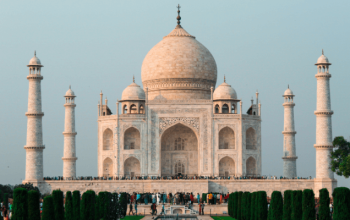
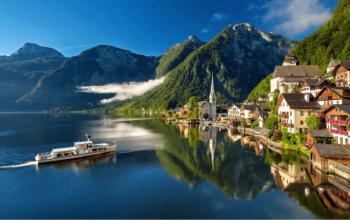
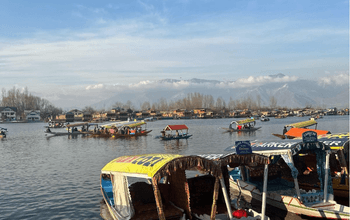
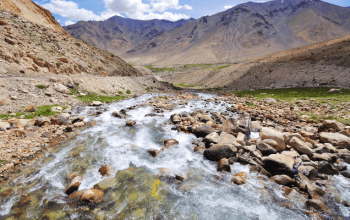
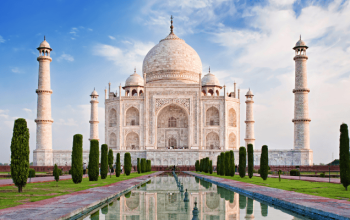
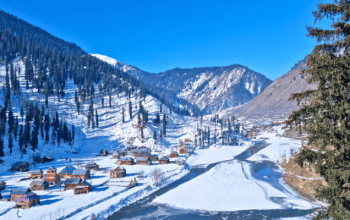
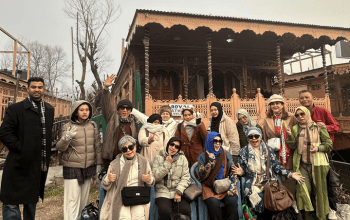

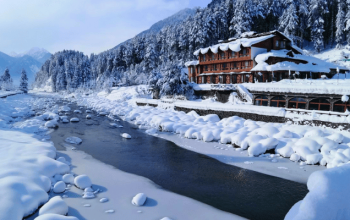
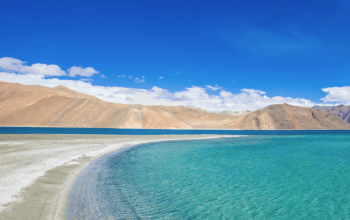
No comment yet